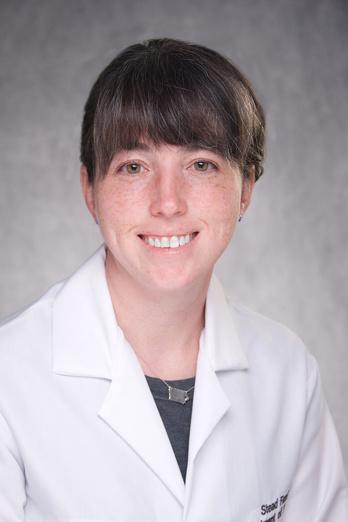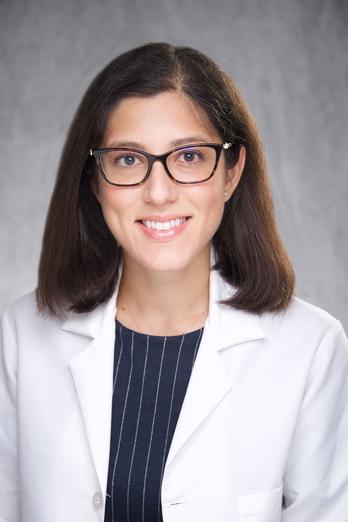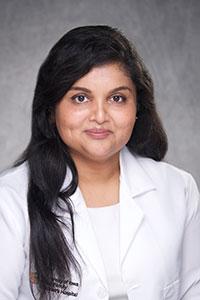
Dr. Pinnaro is part of the leadership team that has created a new national registry to track the health of persons with Turner syndrome. The initiative has been named the “Inspiring New Science to Guide Healthcare in Turner Syndrome (InsighTS)” Registry. The leadership group of the InsighTS Registry has now published their study’s design and goals. The publication’s abstract can be found on PubMed at the following link. Persons with Turner syndrome have unique health risks, and ideally should be seen regularly in a clinic with Turner syndrome expertise, such as the one at the University of Iowa Stead Family Children’s Hospital (2023 link to the Turner syndrome clinic) headed by Dr. Alexandrou and Dr. Pinnaro.



